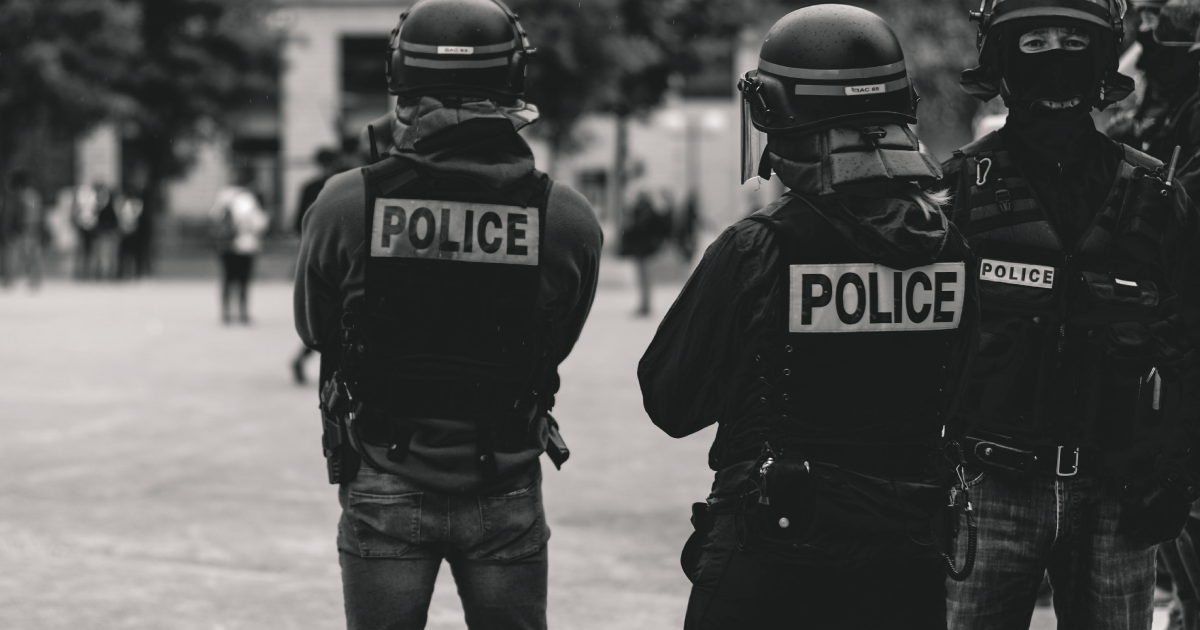
Racism, Police Violence, and the Climate Are Not Separate Issues
I find that lots of people are surprised to learn that, by overwhelming margins, the two groups of Americans who care most about climate change are Latinx Americans and African-Americans. But, of course, those communities tend to be disproportionately exposed to the effects of global warming: working jobs that keep you outdoors, or on the move, on an increasingly hot planet, and living in densely populated and polluted areas.
June 4, 2020 | Source: The New Yorker | by Bill McKibben
I find that lots of people are surprised to learn that, by overwhelming margins, the two groups of Americans who care most about climate change are Latinx Americans and African-Americans. But, of course, those communities tend to be disproportionately exposed to the effects of global warming: working jobs that keep you outdoors, or on the move, on an increasingly hot planet, and living in densely populated and polluted areas. (For many of the same reasons, these communities have proved disproportionately vulnerable to diseases such as the coronavirus.) One way of saying it is that money buys insulation, and white people, over all, have more of it.
Over the years, the environmental movement has morphed into the environmental-justice movement, and it’s been a singularly interesting and useful change. Much of the most dynamic leadership of this fight now comes from Latinx and African-American communities, and from indigenous groups; more to the point, the shift has broadened our understanding of what “environmentalism” is all about. John Muir, who has some claim to being the original modern environmentalist, once explained that “when we try to pick out anything by itself, we find it hitched to everything else in the Universe.” He was talking about ecosystems, but it turns out that he was more correct than he knew: the political world is hopelessly (and hopefully) intertwined with the natural world. So, for instance, living in a community with high levels of air pollution impairs human bodies—it raises blood pressure, increases cancer. But so does living in a place with a brutal police force.
